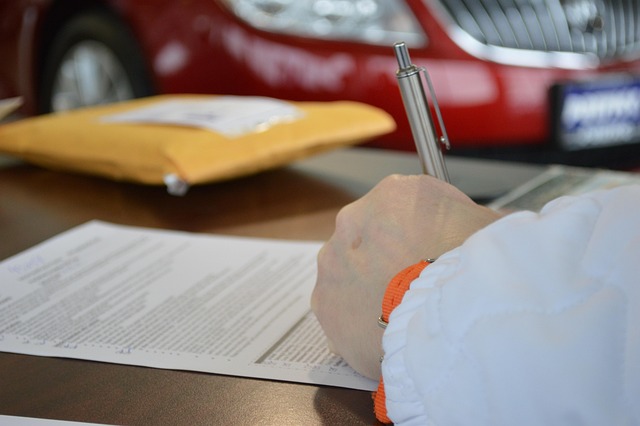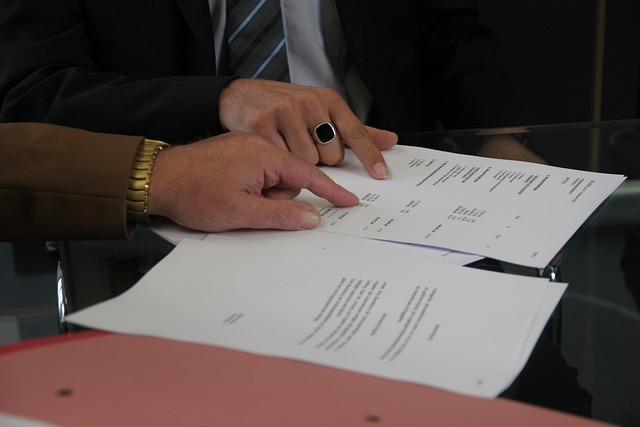Divorce remains an ever-growing fact of life. The ONS Statistics for Divorces and dissolutions in England and Wales 2023 (corrected version 2 July 2025) highlights that in 2023 and under the new legislation
- There were 102,678 divorces
- 1,138 civil partnership dissolutions
- Divorce rates over 1000 married couples were 8.6 for men and 8.5 for women
- The median duration of marriage that ended in divorce was 12.7 years for opposite sex couples and 7.2 and 6.3 years for male and female same-sex couples
These figures will have been affected by the introduction of No Fault Divorce in April 2022, removing the need for a period of separation (2 or 5 years) or a fault-based petition.
Divorce is rarely easy, but it can be constructive, child‑focused, and dignified. In England and Wales, the legal framework now supports this approach with the introduction of No Fault Divorce in April 2022, and with the right professional guidance and mindset, many couples start the process on a road of less conflict which sets a more cooperative tone for finances and child arrangements. This, coupled with the expectation by the Court’s that in appropriate cases couples will seriously consider the use of non-court dispute resolution (such as mediation) to help reduce the issues or to reach agreement before litigating.
When children are involved, their welfare is paramount. The court’s focus is their welfare and best interests.
What Do we Mean By a “Good” Divorce?
A “good” divorce does not mean the end of sadness or loss; it means minimising avoidable conflict, prioritising children’s welfare, making informed decisions, and establishing a workable future for both of you.
The focus for both of you should be on ensuring as far as possible that:
- You make child‑centred decisions to ensure their wellbeing, stability, and relationships with both of you. Think about how you are going to co-parent effectively and what tools and resources can help with that such as parenting plans, co-parenting apps. Plans that promote stability and minimise conflict are more likely to endure.
- Being constructive and proportionate in how you choose to resolve the issues between you ideally with the lowest appropriate level of intervention i.e. by utilising negotiation, mediation, and other forms of non-court dispute resolution before court.
- Ensuring transparency on finances and process i.e. both providing timely full and frank disclosure, clear expectations and timetable, and managing the cost with as much certainty as possible.
- You maintain respectful communication, focusing on the future rather than apportioning blame. You can help yourselves by finding a method of communicating that works for both of you, with boundaries in place to manage this effectively.
- The proposals made and agreements that are fair, legally sound, and practical in day‑to‑day life moving forward.
What Are the Different Ways of Resolving Issues?
Direct negotiation (solicitor‑led):
Can work most effectively when trust is intact and issues are defined. The ability of both solicitors being able to have constructive discussions, is really important.
Mediation:
A neutral mediator helps you reach proposals together and is especially effective for agreeing parenting plans, deciding how you will separate, agreeing what information should be shared with your children and discussions as to medium and longer term finances.
Collaborative practice:
Each party retains a collaboratively trained solicitor; all commit to resolving matters without court.
Arbitration:
A private, binding determination by a family law arbitrator. Suitable where a quicker, confidential decision is needed.
Court proceedings: Necessary where there is risk, safeguarding concerns (including domestic abuse), entrenched non‑disclosure, or urgent issues such as freezing assets or protective orders.
A “good” divorce is about choosing the right process for your circumstances, not forcing harmony where it is unsafe or unrealistic and support of a specialist family solicitor is advisable to ensure the right process for you and your circumstances and to support you and your interests along the way.
Who Else Might you Need to Support a Good Divorce?
We work with a number of experts who complement the work we do and build a team around you to support you emotionally, practically, legally and financially. Who you need is bespoke to you and your circumstances but may include a divorce consultant, therapist/counsellor, accountant/tax advisor, pension expert and IFA.
What Are the Common Obstacles To a Good Divorce and How Do you Manage Them?
Below are the most common pitfalls we see in ensuring a good divorce:
- High emotions and mistrust
- Non‑disclosure or complex assets
- Power imbalance or abuse
- Communication breakdown
- Unrealistic expectations
What Does a “Good” Outcome Look Like?
- A workable parenting plan that children experience as consistent and safe.
- A fair financial order that meets each of your needs and is sustainable.
- Clear boundaries and communication routes that reduce future flashpoints.
- Agreements that are binding and enforceable which reduces the risk of return to court.
Conclusion
A “good” divorce is achievable when the process is chosen with care, the children’s welfare is paramount, and both of you commit to transparency and proportionate, respectful problem‑solving. The law in England and Wales provides the tools; the difference is made by mindset, preparation, and the quality of professional support.
We support mid to HNW individuals navigating divorce, separation, children and financial matters. For more information on our services, or how we work – click here.




